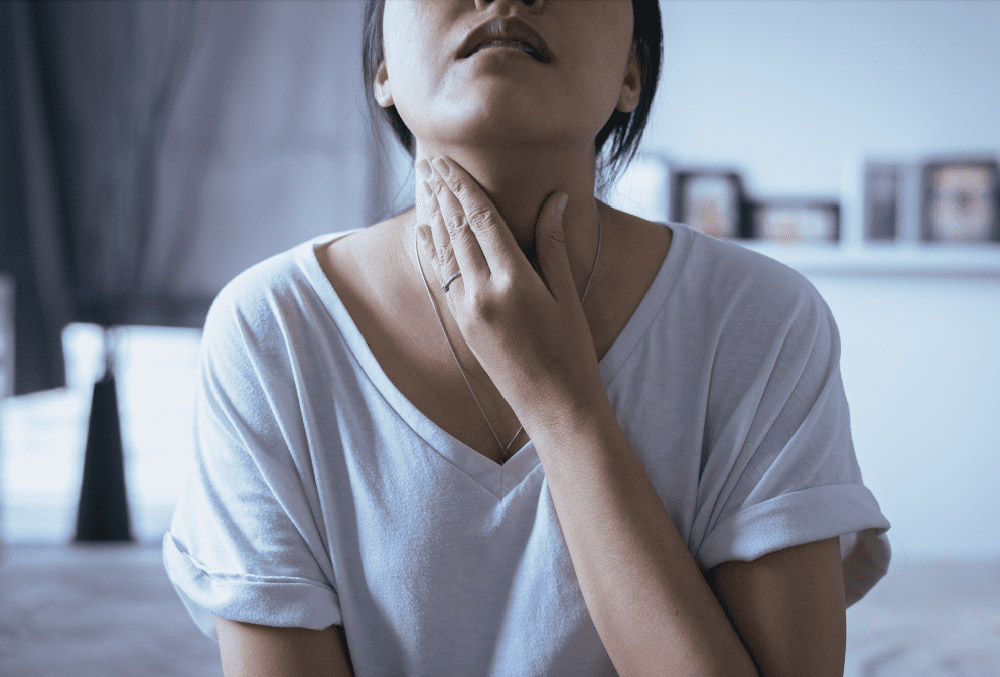
Having dysphagia (difficulty in swallowing) may be stressful. You can go without eating, not eat your favourite foods or you can worry about choking. Here at Gastrodoxs, we are of the opinion that changes in lifestyle can be big. Dr. Bharat Pothuri, a gastroenterologist in Houston, is the author of this guide, which gives tips that are simple to follow to manage dysphagia. You will be taught how to eat safely, how to modify your diet and change your routine in order to reduce any risk of swallowing.
Dr. Pothuri says that people react to swallowing issues in different ways. But little things can bring about massive difference in everyday life.
How you eat is as important as what you eat. Swallowing can be safer by making small alterations to your diet and setting.
We do not just deal with food as Dr. Pothuri explains. We look at the manner in which you eat, the place in which you eat, and the manner in which you feel.
These are available at medical stores in Houston, or can be ordered online at Gastrodoxs.
It matters a lot when one chews his or her food. Dr. Pothuri offers this advice:
One little bite or one little sip at a time. When you swallow, your head is tilted slightly. This assists in the defense of your airway.
| Consistency | Description | Examples |
| Thin liquids | Runny, such as water | Water, tea, clear broth |
| Thick | Slightly thick, coat on a straw | Buttermilk, nectar, thickened juice |
| Honey-thick | Slowly comes down on a spoon | Yogurt drinks, honey-thick shakes |
| Pudding-thick | Shaped, requires a spoon | Pudding, cooked vegetables, applesauce |
Dr. Pothuri says that confidence is developed through routine daily activities. They provide patients with increased control.
Most of these are available online, or in Houston medical supply stores. See tools suggested at Visit Gastrodoxs.com.
Changes in lifestyle are beneficial, and certain symptoms require treatment. Call a specialist in GI or speech-language pathologist in the case of the following:
Dysphagia is not only physical it may also have an impact on your feelings and social life.
Dysphagia may alter your eating behavior, but it does not necessarily deprive you of your quality of life. With minor modifications, you will be able to be safe and have something to eat again.
Adhere to dysphagia lifestyle recommendations, safely eat, change the diet, and take measures to deal with the symptoms at home. Relax and entrust yourself to Trust Dr. Pothuri and your resources of Houston.
Go to the Recipe hub at Gastrodoxs to get meal ideas, safe swallowing tips, and even products.
In case you require the expert attention, contact Dr. Bharat Pothuri or a speech-language pathologist in the Houston area.
These few tips and modifications will enable you to maintain a healthy digestive system and live well with dysphagia.
Liquids which are honey-thick or pudding-thick are generally safest. Get advice on how best to be to your therapist.
Try 5-6 small meals each day. It is less dangerous than consuming huge amounts of food.
Yes! The Masako manuver and chin tucks are useful. Take out a speech therapist plan.
Check pharmacies around the Galleria or order over the Internet at Gastrodoxs.com.
Yes! Find symptom tracker or meal log applications. Attempt to find dysphagia tracker.
Not always. Soft fruits and pureed meats might be all right. Follow your care plan.
Take thickened fluids in the daytime. Set reminders if needed.
Seek assistance when you tend to choke, reduce weight rapidly, and experience chest infections post meals.
Yes. A speech therapist who works with pediatrics will be able to get your child through its difficulties.
The NIH has great resources. Or request your provider to print handouts.